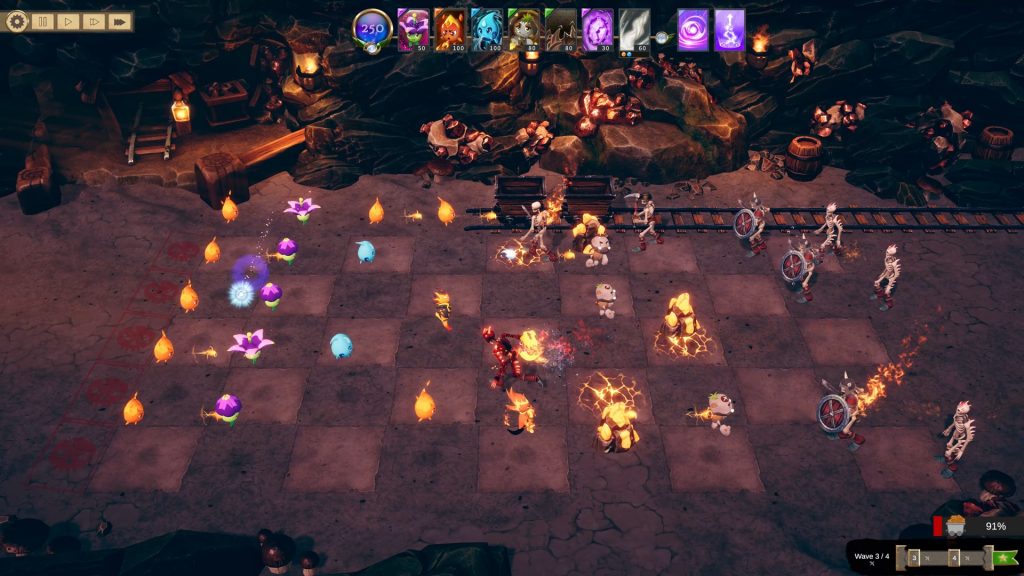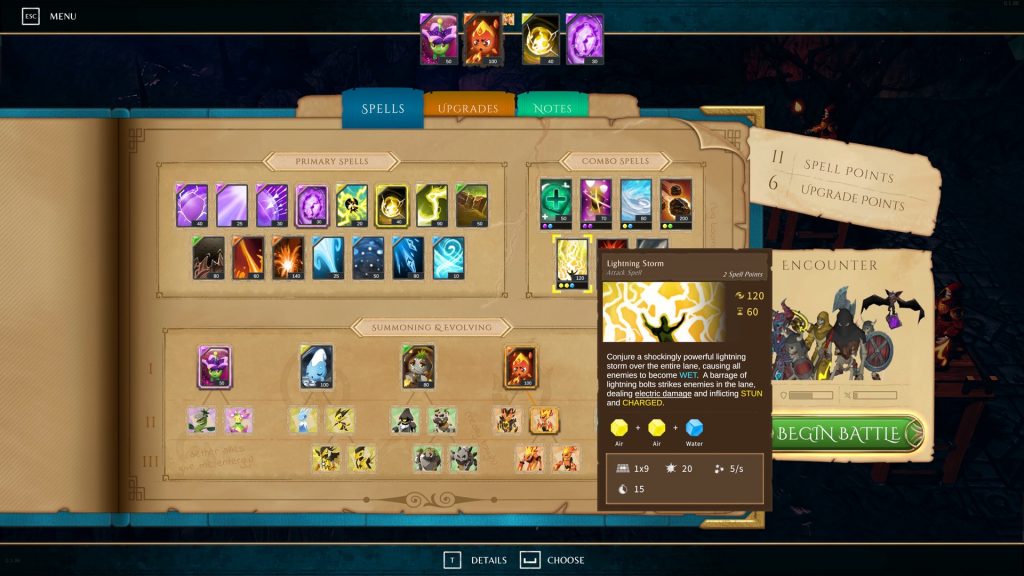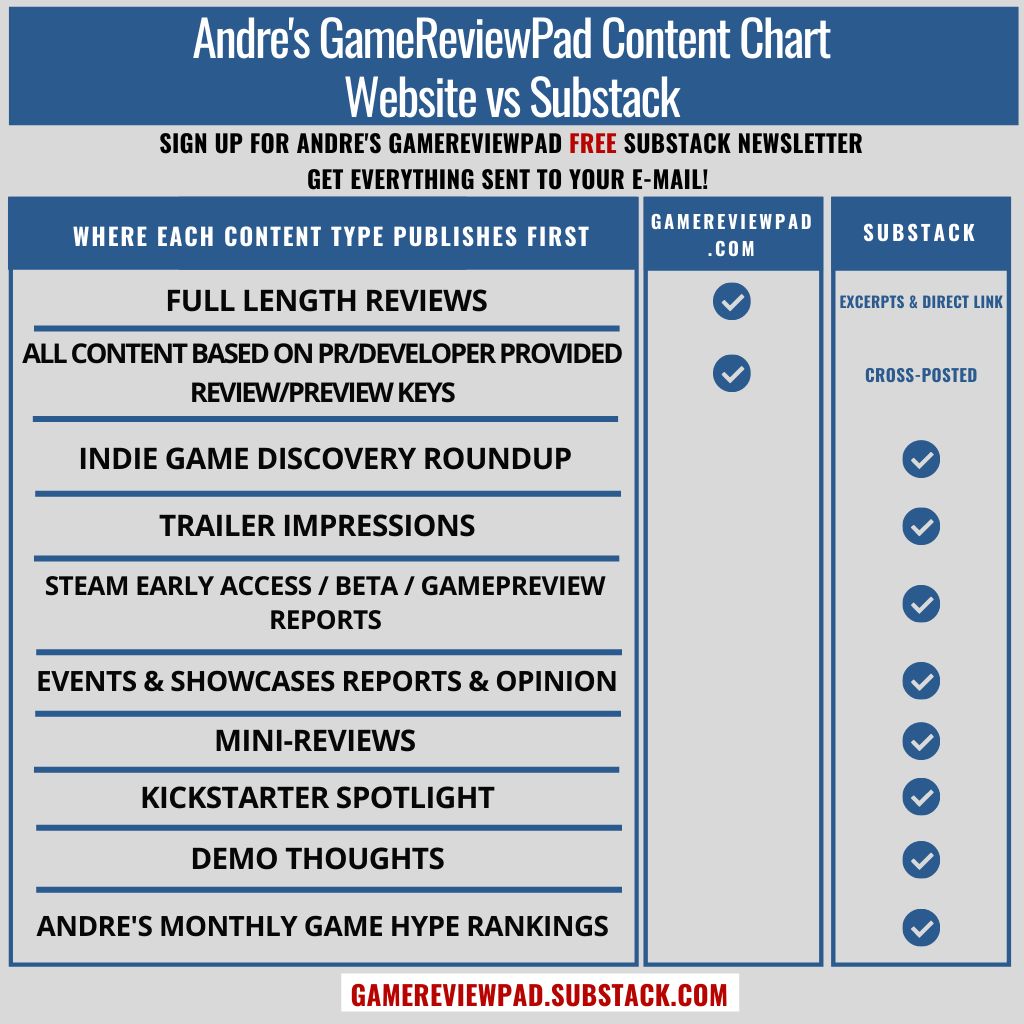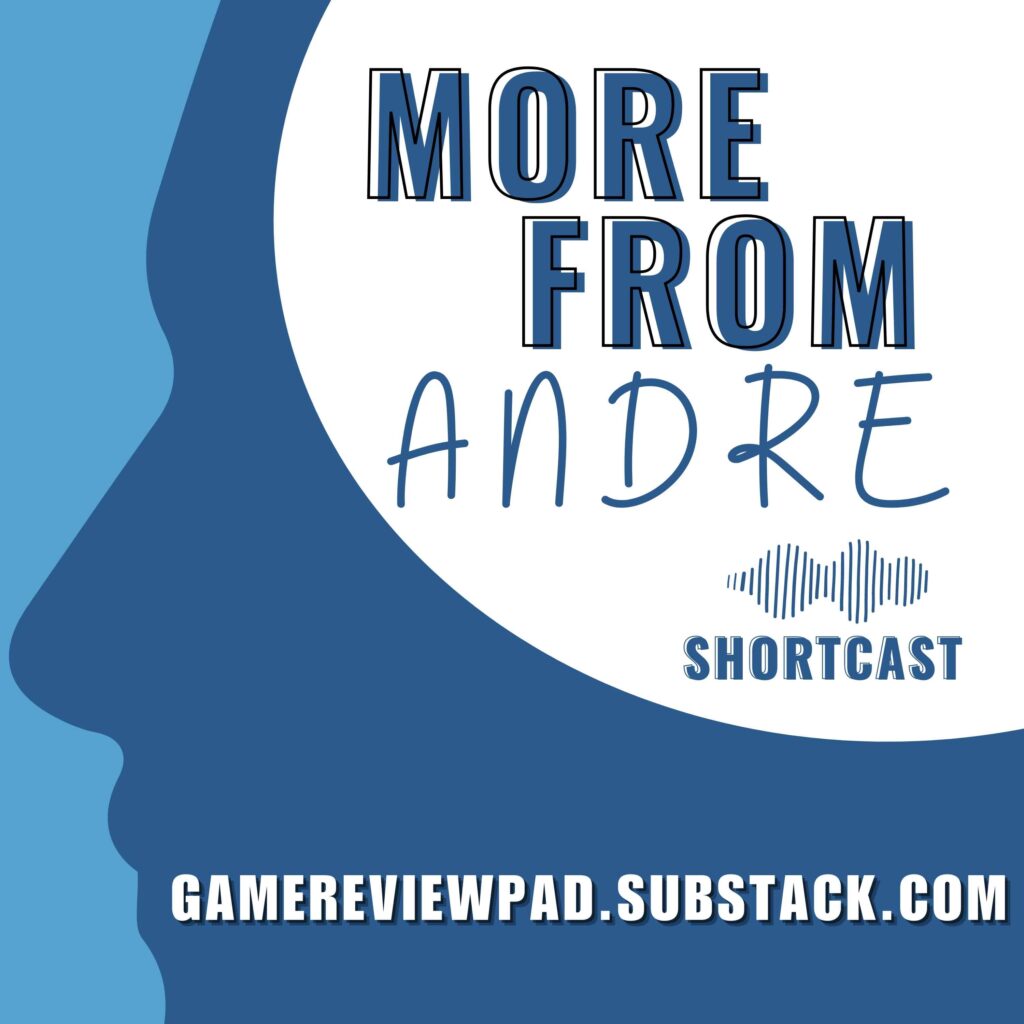Review
Review Context: I really enjoy playing tower defense games and tactics games like Plants vs Zombies.
Date of Playthrough: May 2022
PC Specs Game Played on:
OS: Windows 10 Pro 64-bit
Processor: Intel(R) Core(TM) i7-9700F CPU @ 3.00GHz
RAM: 16384MB
Video Card: NVIDIA GeForce RTX 2060 SUPER
Disclosure: This review is based on a copy of the game provided for free.
Riftbound, developed by Barrel Smash Studios, is a puzzle-tower defense game that uses the elements of fire, water, earth, and air to bring a fresh take to this framework of a game. It’s been over a decade since the classic Plants vs Zombies, and Barrel Smash Studios’ ambitiously decided to create a game that would instantly be compared to PVZ. The most successful games within genres usually borrow a lot from other games in the genre, but also add their own spin to create their own unique experience. Thankfully, Riftbound has enough differences.
The game touts itself accurately as a tactical tower defense game that uses the elements through spells and combos to defeat monsters. The campaign features many levels, including challenges and boss fights to keep the player busy. Defeating monsters that are being sent to get you from a dark shadowy rift is the basic premise, but the story is really secondary to the overall gameplay experience. If you’ve played PVZ, then you’ll be familiar with the resource system, as Riftbound has their own version of the sunflower that is used throughout the game to generate Aether as a resource to be gathered by wisps. The more I played Riftbound, the less I felt it was a PVZ clone. You unlock new elemental units to put in your lanes as the campaign progresses, as well as spells that require elemental combinations of units in a lane are also unlocked as you play.

The greatest strength of Riftbound is the clear and distinct customization it allows the player. This is where it deviates from what I remember of my PVZ experience over a decade ago. This game gave me much more of the feeling that I was creating my own gameplay experience and strategy using spell points and upgrade points. Nothing is ever permanently locked in, so a player can really experiment with spell and elemental combinations each level. The experience feels a bit restrained because the unlocking of new units and spells is extremely slow. It feels like one long tutorial. Let me unlock the units quicker and allow me to play with my strategy combinations a lot sooner. You’ll be playing with elementals that evolve into different versions, but these unlocks are the slowest to get.
The game allows the player to pause and fast forward to plan your tactics carefully. This was the most useful in boss fights, as it actually felt like a real-time strategy encounter. The problem with the boss fights is they are a bit too similar, but the enemies that accompany them are the difference. While the story premise may be an excuse, I still expected more different approaches. The boss fights also felt like they were falling into the same trap that some third-person video games do where they just throw hordes of enemies to make it harder without reason. This feels sloppy and a bit of a design shortcut for difficulty. Despite my criticism, the game still feels like its own experience and really tests your skills as a player. A lot of the times I lost it was in the beginning, and realized my mistake was because I was too slow. Spells require certain elementals to be built in a lane to use them, which will usually dictate what elementals you choose to use. I felt like the game allowed maybe too little versatility in the quantity of spells allowed to use, making it so you would leave out more far more things than you can take into battle.
The visuals of Riftbound help raise the quality of the gameplay experience. The visual effects of spells and elementals are fantastic and gives a more mature presentation that greatly contrasts with the cartoony aesthetic of PVZ. As great as the battle animations and overall visuals are, the actual level design leaves a bit to be desired. One of the better things about the game is nice soundtrack that fits well along the gaming experience. The game features many challenges off the campaign path where you can unlock more spells and upgrade points. The challenges sometimes seemed way too similar to the campaign level you just played, so much so that it leaves you wondering why the challenge level exists in the first place. Additionally, there are inconsistencies with how challenge levels are started by the player. Some levels allow the player to pick their choice of spells, elementals, and upgrades, while others give you no choices at all.

From a presentation standpoint, the battle user interface is easy to use and very similar to PVZ and the customization screen is also easy to use and understand. Sometimes it can get annoying to keep re-clicking your choices when progressing through the campaign. Saved choices with the ability to change them would the game experience more efficient.
After my experience with Riftbound, I feel like it would have greatly benefited from launching through Steam Early Access first. This can be better and more recommendable than Plants vs Zombies, but the experience needs to be a bit more fine-tuned to reach that highest potential.
Similar Games Liked:
Plants vs Zombies (PC)

Riftbound
Developer: Barrel Smash StudiosPublisher: Barrel Smash Studios
Release Date: May 12, 2022
Platforms: PC
Want to Wishlist or Buy?
Steam: https://store.steampowered.com/app/1588340/Riftbound/


